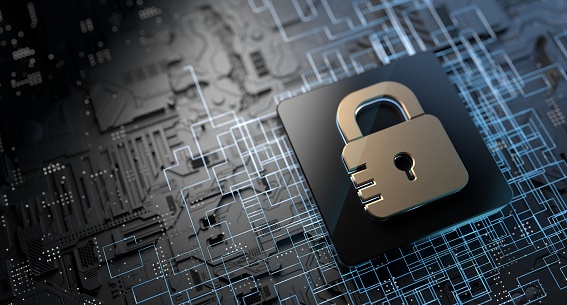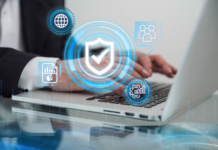As cyber security continues to be a major concern for businesses and consumers alike, many technology enthusiasts are now turning their attention to the future of cyber security trends.
What will service providers, such as internet service providers (ISPs), and organizations such as banks need to know about how cyber criminals work? What types of attacks can we expect in the future?
This blog post takes a look at these questions and provides some possible answers. It also covers how cybersecurity professionals may be able to help organizations mend themselves after a data breach has occurred.
Lastly, here cleanersj.com/ this blog post provides insights on the kind of threats that could stop our society from pulling ahead in technological advancements.
Future Cyber Security Trends-What to Expect
Numerous technology experts and cyber security professionals have come together in order to analyze and predict what the future of cyber security will look like.
Several of these experts have focused on the growing threat of mobile and cloud computing and how these two technologies could be used by cyber criminals in the future.
Of course, there is no way to know exactly what will happen when it comes to security, but it is important that we prepare for any eventualities that may arise.
The World Economic Forum (WEF) has taken a look at upcoming disruptive technologies such as artificial intelligence (AI), robotics, cryptocurrencies, gene editing, and more.
These technologies are expected to have a major impact on the world in the coming years. Some experts believe that these technologies could be used in order to propel cyber criminals towards what is known as “dark web” operations.
The dark web refers to the part of the internet that is not indexed by search engines, but it can still be accessed through browsers like Chrome or Firefox.
Facts about future trends of cyber security :
1. The future of cyber security will be diverse
The diversity of cyber threats is what makes them hard to stop. It is estimated that there are over two million new malware infections on a daily basis.
In addition, there have been over one billion security breaches in the past 10 years. The diversity of cyber attacks can be a great challenge for businesses and organizations that use IT systems on a daily basis.
It is important that they have a good understanding of the different types of cyber threats so they can create solutions for securing their information from data breaches.
2. A rise in ransomware attacks
In 2017, the amount of ransomware grew by more than 300 percent compared to 2016 figures. Experts believe that this is due to the fact that many victims chose not to pay the ransom after their systems were infected.
Some companies choose to pay the perpetrators so they would not be attacked by them in the future.
Ongoing cyber security trends point towards a rise in ransomware attacks and businesses and organizations will need to prepare for this eventuality.
3. LoT devices will continue to be a target for cyber criminals
We can expect that smart devices such as smartphones, laptops, and other internet-capable devices will continue to be easy targets for hackers and other cyber criminals thanks to default passwords, poor encryption standards, and other vulnerabilities.
In 2017, about seven percent of organizations reported that their IoT devices were breached or infected with malware.
These same devices have access to a wide range of information and the amount of information they have access to continues to grow so it will be important for companies in all industries to ensure they have a solid cyber security strategy in place in order to secure their data from cyber attacks.
4. Cloud computing will grow in popularity
In recent years, cloud computing has been on the rise and is expected to continue growing into the future.
The cloud refers to storing data remotely on servers that are maintained by a third party vendor rather than on-site servers maintained by the business itself.
Rising costs and inadequate security is what keeps businesses from moving to the cloud and experts believe that this trend will continue for some time.
5. LoT will become a target for cyber criminals
Today, over half of home users now have at least one internet-enabled device such as a smartphone or computer.
It is now estimated that one out of every 10 devices in the world is an internet-connected device such as a smartphone, smart speaker, smart watch, car, thermostat, hub, or other smart appliance or wearable device.
These devices can allow data to be stolen with ease and cyber criminals will continue to target them in the future.
6. Artificial intelligence will be used to launch cyber attacks
Artificial intelligence is used by businesses in order to improve their operations and streamline certain aspects of their business.
However, new AI-based cyber security products have recently come on the market that are being used in order to detect potential threats, perform audits, and analyze data.
These new products are effective at what they do because the threat landscape continues to grow while cyber security budgets remain limited.











